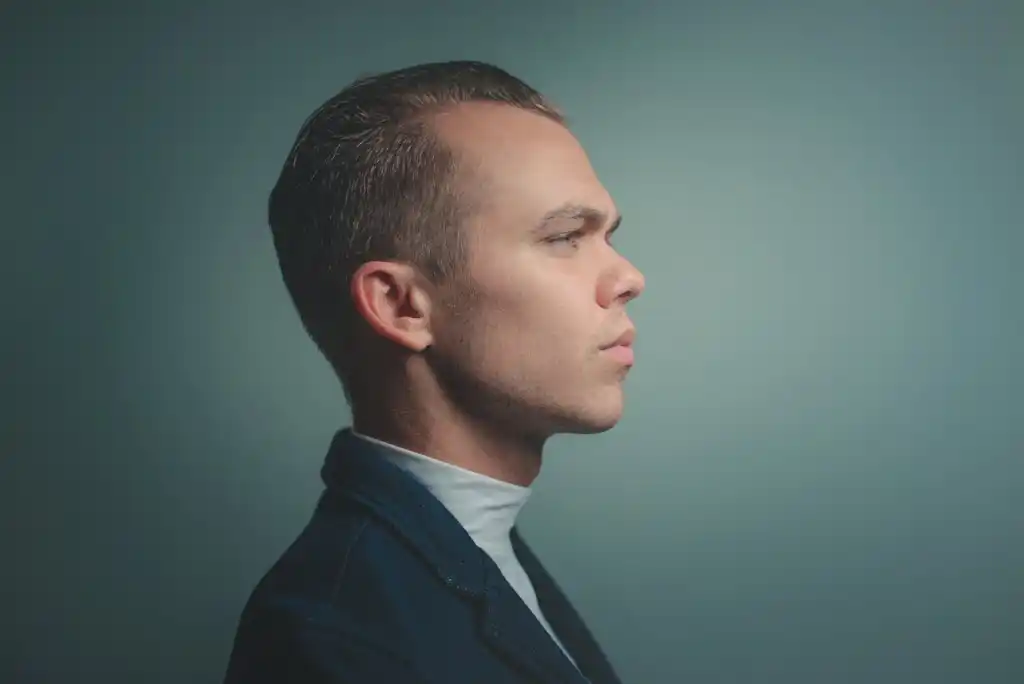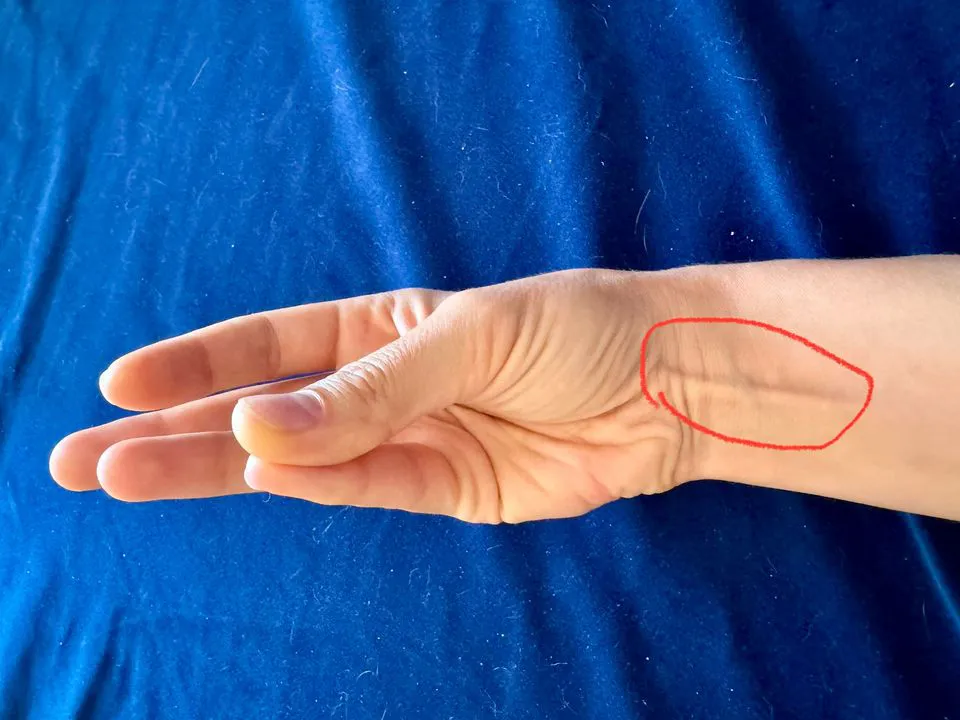
What are 7 extra organs in the human body: There is an opinion that there is nothing superfluous in the human body, but this is not entirely true so.
This information was reported by Ukr.media, reports URA-Inform.
Some parts of the body inherited from our ancestors have lost their functions over time and are now considered vestigial.
Palaris longus
Our distant ancestors had this muscle to firmly grasp branches and move through trees, but with the transition to a terrestrial lifestyle, its importance was lost. Now about 15% of people do not have this muscle, which is easy to check: put your hand on the table, cross your thumb and little finger, if you see a crease on your wrist, you have the muscle.
Arrector Pili
Known for causing “goose bumps” and raising body hair, this muscle once helped us keep warm and make us look impressive to protect ourselves from predators. In the modern world, with heating and warm clothing, this muscle has become useless.
Wisdom Teeth
These teeth cause a lot of inconvenience to modern humans, but in the past they helped our ancestors chew tough foods, especially when other teeth were already worn down. Now, as our diets have changed, wisdom teeth are no longer needed, and 15% of people never get them.
Sinuses
These cavities around the nose often cause problems such as sinusitis and sinusitis. Doctors still can't say exactly what they do, but they suggest that in the past they enhanced the sense of smell or regulated pressure during diving.
Darwin's tubercle and ear muscles
Darwin's tubercle is a small bulge on the top of the auricle, which is now found in only 10% of people. In the past, this ear shape improved sound perception. As for the ear muscles, they were necessary for turning the ears towards the source of the sound, as cats do, but now this ability has been lost in most people.
The semilunar fold or third eyelid
In human ancestors, as in reptiles and birds, the third eyelid protected the eyes from dust and wind, but with changing living conditions it atrophied, and its functions were taken over by the upper and lower eyelids.
The grasping reflex
This reflex, pronounced in infants, helped children in the past cling to their parents, providing safety. With age, the reflex weakens, being replaced by conscious movements.
Thus, our body stores many traces of the past, which once played an important role in survival, but have now become only rudimentary reminders of our evolutionary path.

Recall that earlier it was reported that scientists learned to “control the brain” of mice.

